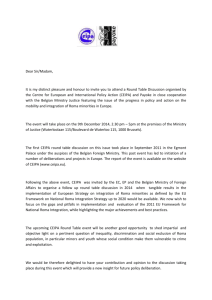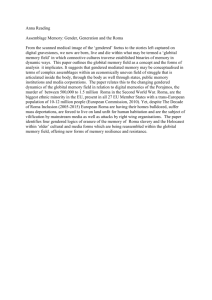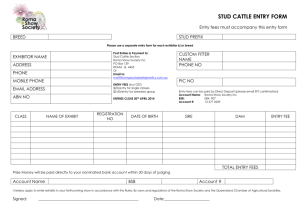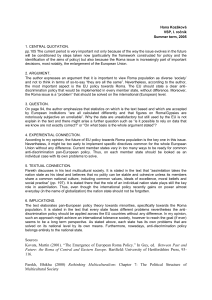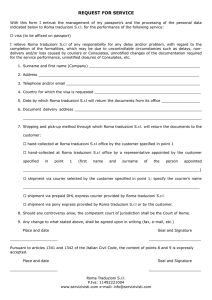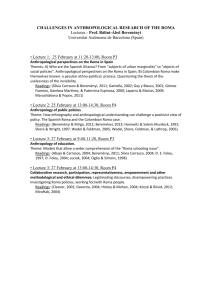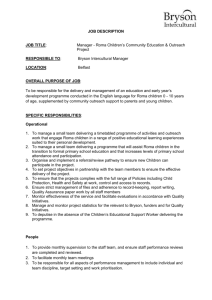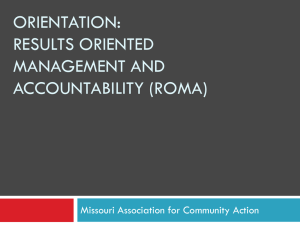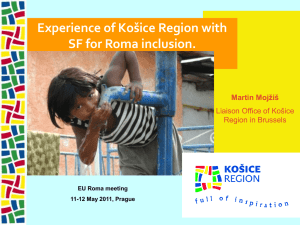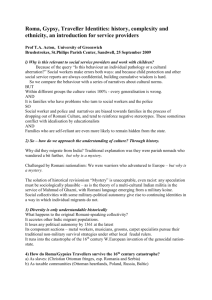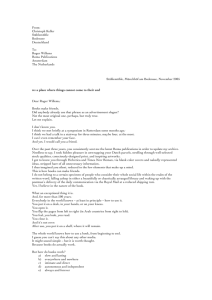Assisting Organizational Change - ROMA
advertisement
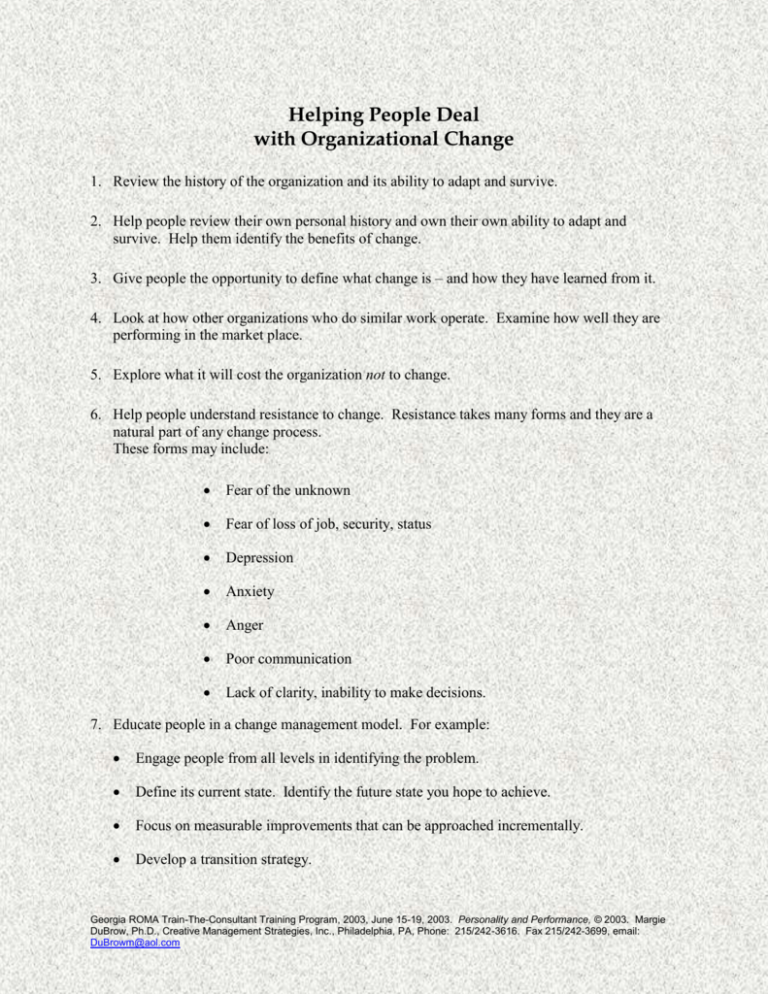
Helping People Deal with Organizational Change 1. Review the history of the organization and its ability to adapt and survive. 2. Help people review their own personal history and own their own ability to adapt and survive. Help them identify the benefits of change. 3. Give people the opportunity to define what change is – and how they have learned from it. 4. Look at how other organizations who do similar work operate. Examine how well they are performing in the market place. 5. Explore what it will cost the organization not to change. 6. Help people understand resistance to change. Resistance takes many forms and they are a natural part of any change process. These forms may include: Fear of the unknown Fear of loss of job, security, status Depression Anxiety Anger Poor communication Lack of clarity, inability to make decisions. 7. Educate people in a change management model. For example: Engage people from all levels in identifying the problem. Define its current state. Identify the future state you hope to achieve. Focus on measurable improvements that can be approached incrementally. Develop a transition strategy. Georgia ROMA Train-The-Consultant Training Program, 2003, June 15-19, 2003. Personality and Performance, © 2003. Margie DuBrow, Ph.D., Creative Management Strategies, Inc., Philadelphia, PA, Phone: 215/242-3616. Fax 215/242-3699, email: DuBrowm@aol.com Implement it. Reach your desired state. Evaluate your results. 8. In order to successfully carry out your transition strategies: Identify internal change agents. Allow sufficient time for change to occur. Provide adequate resources. Sponsor opportunities to learn and grow. Clearly define your problem, current state, and your desired state. Solicit involvement from those affected, but be clear about negotiating boundaries of decision making and action. Identify performance standards and rewards. Practice two-way communication and multiple communication. Focus on quality to ensure success. METAPHORICALLY SPEAKING… Come up with a metaphor for implementing ROMA in your agency. Think of an environment or situation you can relate to, such as digging a garden, playing in a ball game, going to the dentist, or rehabbing a house. A. Tell the story of implementing ROMA through a metaphor. B. Then describe your role in that metaphor. Georgia ROMA Train-The-Consultant Training Program, 2003, June 15-19, 2003. Personality and Performance, © 2003. Margie DuBrow, Ph.D., Creative Management Strategies, Inc., Philadelphia, PA, Phone: 215/242-3616. Fax 215/242-3699, email: DuBrowm@aol.com CONDITIONS FOR SUCCESS Unless transition happens, change will not work… The starting point for transition is not the outcome but the ending that you will have to make to leave the old situation behind… Nothing so undermines organizational change as the failure to think through who will have to let go of what when change occurs. Managing Transitions – Making The Most of Change by William Bridges Georgia ROMA Train-The-Consultant Training Program, 2003, June 15-19, 2003. Personality and Performance, © 2003. Margie DuBrow, Ph.D., Creative Management Strategies, Inc., Philadelphia, PA, Phone: 215/242-3616. Fax 215/242-3699, email: DuBrowm@aol.com
